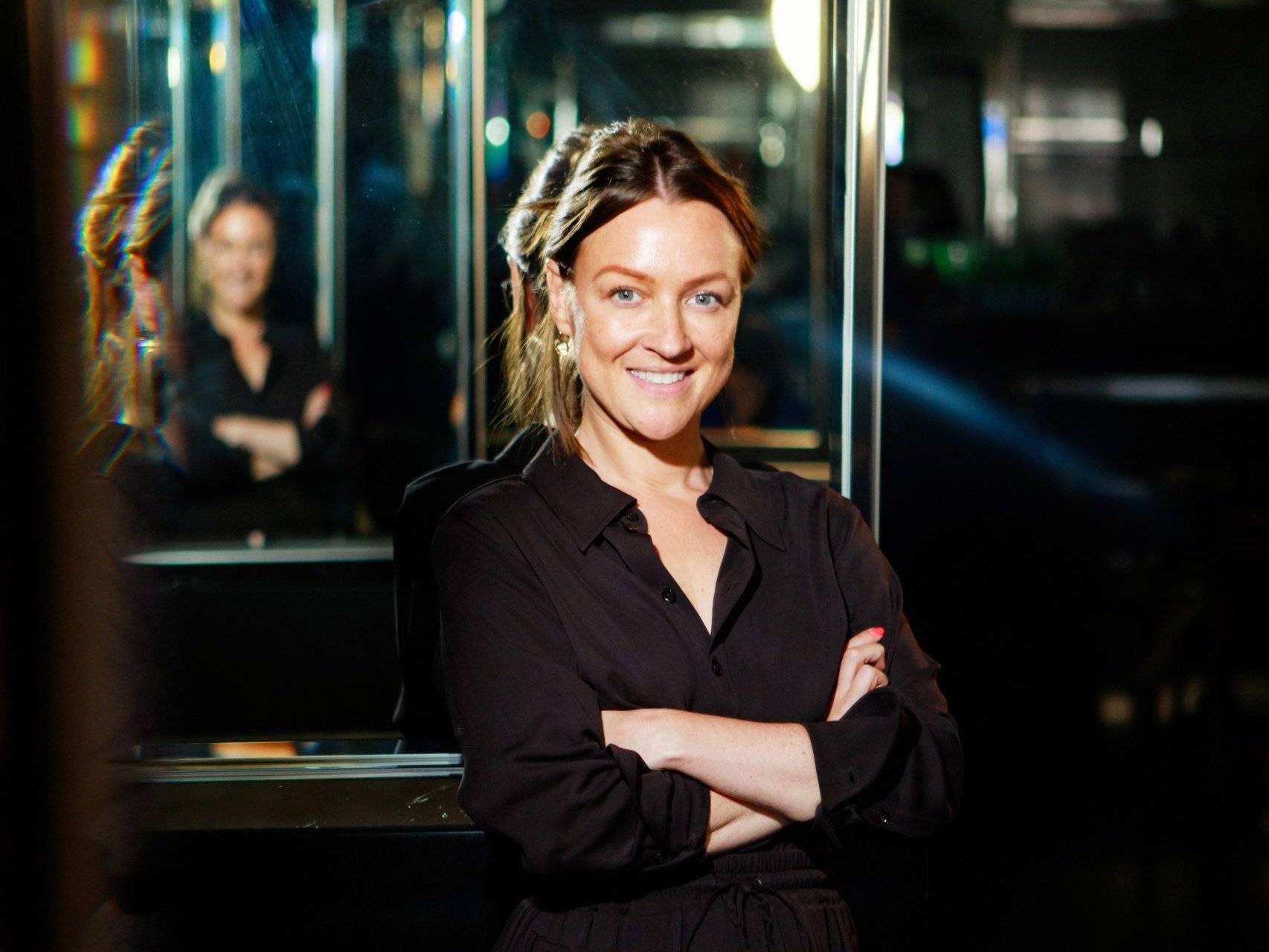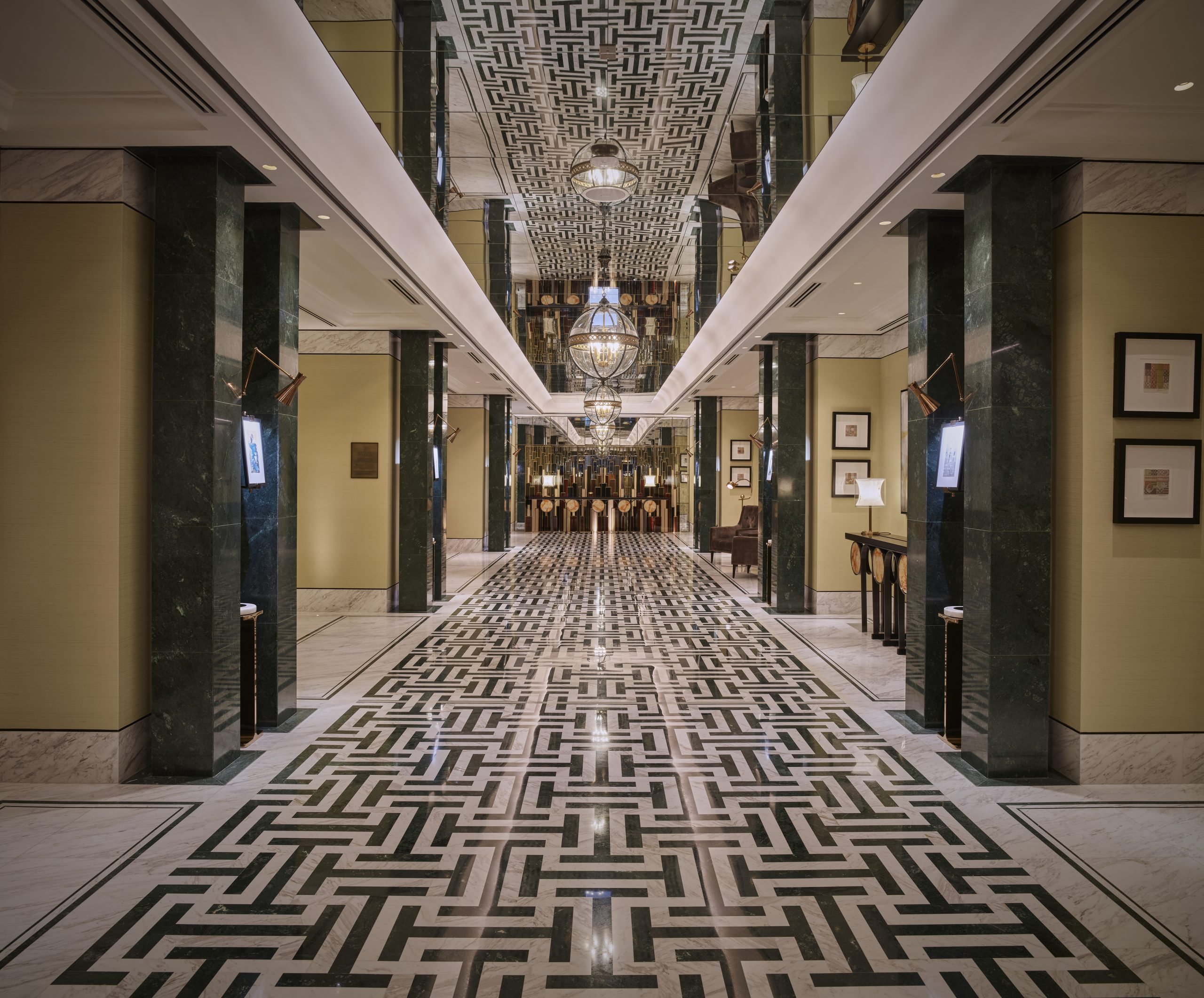 Sherry White, Director of Marketing & Communications, Waldorf Astoria DIFC
Sherry White, Director of Marketing & Communications, Waldorf Astoria DIFCOver the past few months, questions have been raised in the Middle East region’s hospitality marketing landscape about how to build a lasting brand while connecting authentically with diverse consumer segments, bearing varied preferences, expectations, beliefs and demands from across the globe.
Within this landscape – where emotions and experiences reign supreme – Campaign Middle East sat down with Sherry White, Director of Marketing and Communications, Waldorf Astoria DIFC, to discuss whether marketers need to transcend traditional, overly curated images and videos and larger-than-life destination marketing messaging; go beyond promotions and pushing products and services; and focus, instead, on streamlining customer experience (CX).
‘The essence of hospitality marketing’
When asked what it will take for hospitality brands to better connect with a spectrum of consumers, each of whom have varied expectations, White called for hospitality to brands to rethink ‘brand’ and elevate it to ‘an irresistible experience’.
White explained, “Building a truly iconic hospitality brand is more than visibility – it’s about creating and sharing experiences that are so compelling that guests transform from visitors to organic ambassadors of the brand. This is the essence of hospitality marketing – elevating a brand into more than a destination, but a feeling that is so magnetic and irresistible it demands to be shared.”
White added, “True connection goes beyond content, focusing on engaging all the senses, crafting a message that is distinct, deeply resonant and delivering moments that feel personal and immersive. Innovation and creativity are elements that set leaders apart in an ever-evolving landscape demanding bold decisions, agility and a commitment to stay ahead of the curve.”
View this post on Instagram
‘As true hoteliers in a human-centric world, our role goes beyond service’
White went on to explain that the real challenge lies in finding the balance: to be exclusive, yet adaptable; timeless, yet forward-thinking.
“The brand that masters this can cultivate loyalty, relevance and desire across generations,” she said.
As markets become increasingly competitive and consumer preferences shift, sustaining brand integrity and relevance also requires a redraft of the marketing playbook. Campaign Middle East spoke to White about whether merely offering promotions or premium services is sufficient in such a landscape, and raised the question of whether hospitality brands must invest a bit more in long-term strategies that are anchored in their core values and brand essence.
“As true hoteliers in a human-centric world, our role goes beyond service,” White said. “While every property has its unique character, a brand’s identity must remain unmistakably recognisable – it’s about creating lasting impact and ensuring guests stay for the long-haul. Building long-term hospitality brands requires a sustained commitment to storytelling and fostering emotional connections.”
Responding to how to bring this life, she explained, “Authenticity is at the heart of this journey, but so is a strong foundation of brand guidelines that ensures consistency across messaging and experiences. Every campaign should resonate deeply, not just by offering exceptional service but by fostering brand loyalty and a sense of belonging.”
White added, “A forward-thinking strategy in an ever evolving industry demands that we, as marketers remain the custodians of consistency and relevance. It is our responsibility to ensure that brand messaging aligns with long-term values that truly represent the essence of the brand, and that every touchpoint – from digital engagement to on-property experiences – reflects a commitment to innovation, inclusivity and environment consciousness.”‘Upskilling is no longer optional – it’s essential’
View this post on Instagram
The conversation also delved into the how a commitment to brand purpose allows a hospitality brand to adapt while maintaining its core message and values. We agreed that this approach fosters trust and credibility, essential for building lasting relationships with consumers, from ultra-high-net-worth individuals to local travelers, ultimately ensuring a brand’s longevity and sustained success.
Pivoting to the elephant in the room – the rapid evolution of technology and the truth about marketers constantly playing catch-up with technology, going beyond first-party data, hyper-personalisation and IoT devices within hotel rooms – the discussion also encompassed the need for hospitality marketers to address existing skills gaps as well as technology and data silos.
White said, “Investing in the right technology isn’t about chasing trends: it’s about enhancing real moments: making booking effortless, check-in smoother, and in-room experiences more personalised through advanced technology. Hospitality is all about creating effortless, unforgettable experiences – from the moment a potential guest considers booking to the time they check out. When a guest is in-house or even just browsing the property, whether for a stay, a dining experience or a spa visit, every touchpoint should feel intuitive and seamless.”
She added, “To make this happen, teams need to evolve alongside technological evolution. Upskilling is no longer optional – it’s essential. Encouraging team members to attend industry summits, hands-on workshops and networking events is about fostering curiosity and staying ahead of the curve. Keeping an eye on emerging booking platforms, social media innovations and guest engagement tools to ensure we are not just keeping up but leading the way.“

Influencer marketing within hospitality marketing
Before concluding the interview, Campaign Middle East also picked White’s brains on whether influencer marketing and user-generated content (UGC) needs to change for the better to reflect authentic storytelling, ensuring short-term business outcomes are met without compromising long-term brand outcomes.
“That’s a very interesting question – and a tricky one – because authentic storytelling isn’t just about selecting the right influencer or gathering user-generated content. It’s about creating an ecosystem where storytelling feels very natural, immersive and a true reflection of the brand’s essence,” White said.
She went on to explain how influencer marketing and UGC are also evolving but at their core, they should be about more than just content creation; they should be about experience creation.
“The key is crafting moments that influencers can organically translate through the lens of a camera, ensuring that their storytelling aligns with the brand’s tone of voice and messaging without feeling forced or transactional,” White added.
“However, true authenticity doesn’t come from one-off partnerships, it comes from long-term collaborations – working with creators who dont just promote but genuinely believe in and embody the brand. By fostering exclusivity and building relationships with influencers who evolve into brand ambassadors, brands can create more credible, consistent and emotionally resonating narratives that stay with audiences over time,” she concluded.









